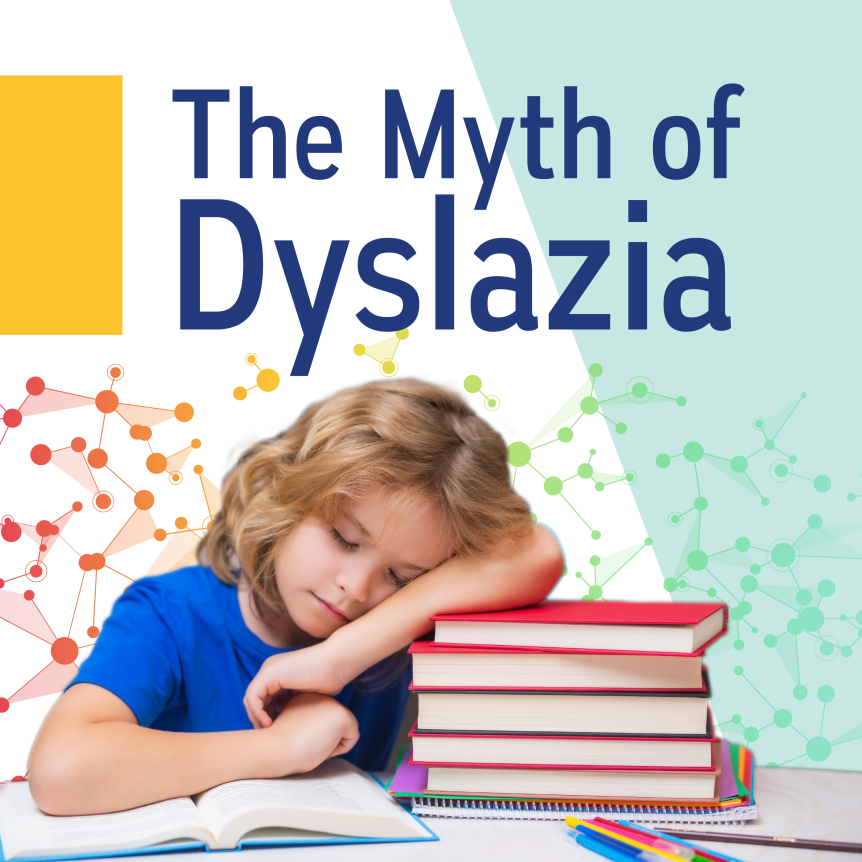Neurodivergent learners are those who learn differently than others considered neurotypical. There are a lot of words and labels out there for learners of all different challenges and levels.
The term “neurodivergent” came from the closely related term “neurodiversity” coined by Judy Singer, an Australian sociologist, in 1998 to recognize that everyone’s brain develops in an individually unique way. Like fingerprints, no two brains — not even those of identical twins — are exactly the same. Because of that, there’s no true definition of “normal” capabilities for the human brain. However, in the mainstream functional settings of education, many have been slow to adapt to the changing language and landscape, clinging instead to old norms and expectations without embracing the gifts of the neurodivergent contributions.
Neurodivergence is considered the range of differences in individual brain function and behavioral traits, regarded as part of normal variation in the human population. Learning struggles signified by labels such as autistic, dyslexic, inattentive and many others all fall under the umbrella term of neurodiversity. This is because in each of the learning challenges, the learner thinks atypically to the perceived educational norms and may need additional assistance for success in the classroom. Learners who have thought and processed differently have often been thought to be slow learners or even labeled as lazy. This is especially true for those attention issues or processing speed delays which impact many different learners.
As the author of Neuro-Diversed and a Board-Certified Cognitive Specialist, I have studied and explored a lot of terms associated with learning processes. Very commonly, students with learning challenges have given up on interventions and the learning process at a very early age due to frustration and mind shaming.
What is the Myth of Dyslazia? It is untrue that those who struggle with learning issues are just lazy. The truth is that these learners most often are working at a much higher amount of struggle and tire more easily due to the incredible amount of brain power that is required to do the same thing that neurotypical students do such as reading, writing and mathematics. Dyslazia is not a diagnosis. It is a term coined by me to indicate that there is a fallacy in the term of laziness when associated with the “broken” meaning of DYS in diagnoses. Laziness is a term that indicates unwillingness to try or attempt and as such many struggling learners are often associated with this because they are exhausted with trying and being unsuccessful. In truth, a struggling learner often has worked so hard that the exhaustion makes them want to give up after hours of doing something that takes others only minutes to do such as homework and classwork, reading and math.
How does brain training help with this? Brain training uses the individualized approach to training such as a personal coach or trainer does for sports or workouts to partner with boosting the skills needed through brain exercises and educational practice. By identifying the underlying weaknesses associated with the struggle and working to bring those into strengths or at least manageable skills, the learner has less tendency to give up and be perceived as being lazy. Additionally, when a neurodiverse student has a brain coach to assist them with pushing through the hard stuff, they learn to develop the grit needed to push through the challenges and to perceive them not as impossibilities but rather as things that can be learned with time and attention to deliberately approach them. There is an old saying that you can only eat an elephant by starting one bite at a time. I am not sure that I have ever had the desire to eat an elephant, nor do I ever plan to do so, but the point is that hard stuff can be conquered if approached in smaller increments so that it becomes more manageable.
What is Growth Mindset? Growth Mindset is a term coined by Dr. Carol Dweck to indicate the mental approach to learning that looks for opportunities to learn rather than the fixed mental state. Fixed mentality means that one cannot learn new skills and is stuck with the cognitive cards they are dealt from life and genetics. Growth Mindset is an approach that believes in the YET! With a personal brain trainer encouraging the approach to learning as a fun and engaging experience, reading, math and other “hard” things become manageable and less threatening to the student.
Where and how does one get a brain trainer or brain training? Brain training comes in many different ways. We are always training our brains but to be deliberate on approaching our weaknesses, we must first identify what is holding us back. If the things holding us back are in the academic or cognitive skills, the first place to start would be with an educational and cognitive skills assessment that can be had from a psychologist or at supplementary services such as LearningRx. With this assessment, the underlying weak skills can be identified, and a training plan put into place to address these skills by partnering with a personal brain trainer such as those at LearningRx. Additionally, if the person is struggling with behavior and needs behavior modifications or assistance, they may want to seek out a psychologist, counselor, or behavior specialist to address these skills by first identifying what is causing them, then working together to get these skills refined and improved. There are many options available in our area from counseling to play therapy to occupational therapy to behavior therapy, and into cognitive therapy, etc.
For a list of resources, see the resource directory in this magazine.

